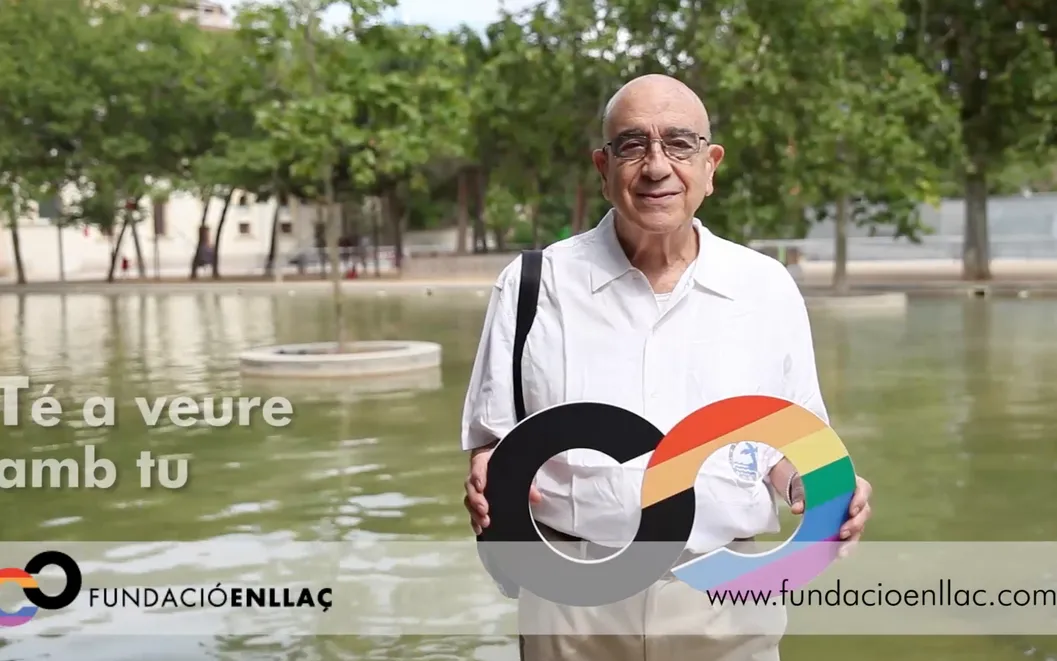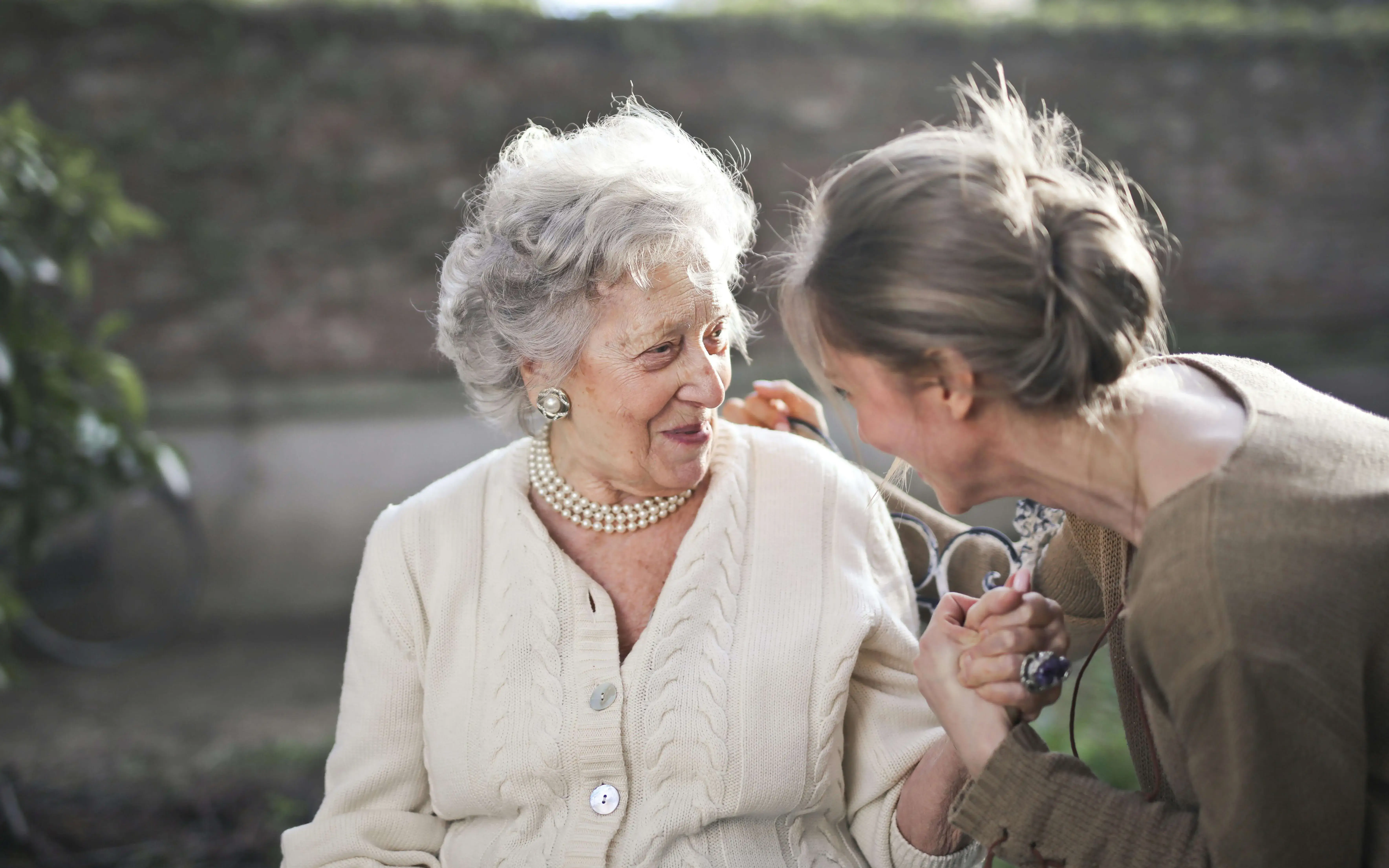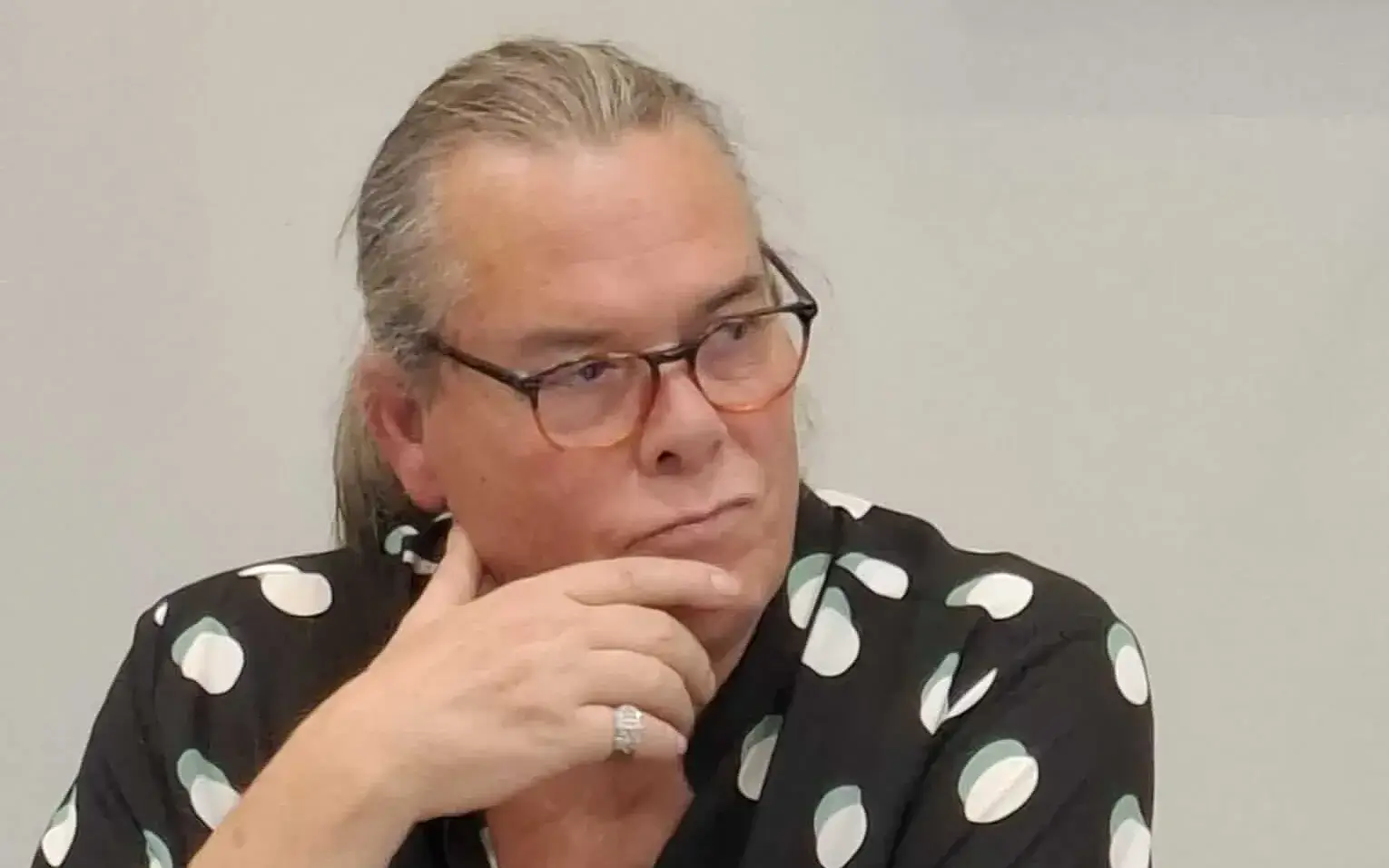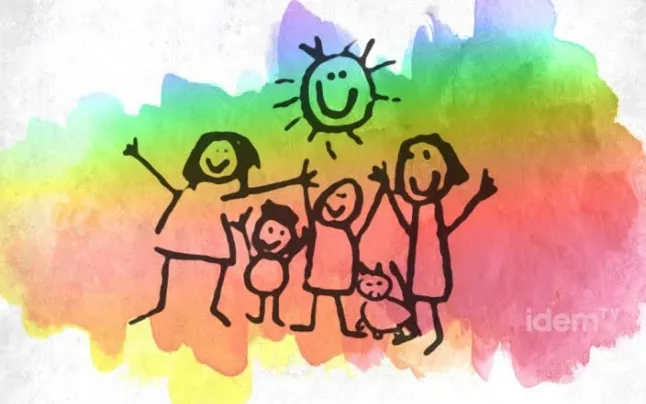The Administration Officer from the Fundació Enllaç tells us about the organisation’s task in raising awareness among the population of the situation lived by elderly people or those facing the risk of exclusion in the LGBTI community.
How did the organisation start?
The Fundació Enllaç was established in 2008 thanks to the joint effort of around twenty people linked to the movement of civil rights for the LGBTI people. These people had ties with the movement and after 30 years of struggle and with the progress made, they saw that there were people facing the risk of exclusion, vulnerable or elderly people in the LGBTI community who lacked protection.
What is your mission?
The aim of the foundation is to identify and assess the specific needs of lesbian, gay, bisexual, transsexual and intersex people in Catalonia, with a special focus on protecting their personal autonomy and social circles. We contribute to ensure the effective exercise of their individual rights within the framework of a society of free people with equal rights and dignity.
Do there continue to be many prejudices against the LGBTI community?
There are many prejudices and they are very deep in some sectors of society; and they will continue to exist until the current hetero-patriarchal society does not change. At our organisation we provide training and awareness courses so that the specificities of elderly LGBTI people are taken into account, and these had not always been respected. Currently, these courses are very much appreciated by the people participating, but sometimes we still detect some practices that are not fully adequate.
Next 28th June will mark the 40th anniversary of the first LGBTI demonstration. What does this mean for you?
It will be 40 years since the first demonstration, but pro-rights and freedoms activism was already around long before; done clandestinely, when it was illegal and LGBTI people were persecuted. Many of the founding patrons of the Fundació Enllaç were around back then. We are the living image of activism in favour of people’s rights that has always been practiced. Those who, 40 years ago, were laying the foundations to claim the rights and freedoms of LGBTI people are doing it again for the more vulnerable LGBTI people.
Are we aware of the situation in which dependent people within the LGBTI community are living?
Our society makes dependent people invisible. The LGBTI community is no exception. And this is our reason for existing. We want to showcase the problems that vulnerable people are facing, be it dependent or elderly LGBTI people. In society, when you talk of the LGBTI community, people tend to think of the stereotype, but the truth is that the LGBTI community is just as diverse, if not more, than society itself. Vulnerable people, those in risk of exclusion, dependent or elderly, are carrying a very heavy burden in their day-to-day activities, and if on top of that they are LGBTI, the burden is even heavier.
Is LGBTphobia more acute in dependent or elderly people?
Generally speaking, elderly or dependent people always face more difficulties in all areas of their daily lives. They are a vulnerable group and don’t always get the protection they need. LGBTIphobia affects the whole community as long as it is visible in society. People from this community are more likely to be alone, are more prone to suicide or the targets of discrimination and aggressions than the rest of society.
Is loneliness one of the main problems among your users?
Yes, it is a big problem. The social and support network for most LGBTI people is made up of friends. With time, when you get older, friends gradually disappear and with age it becomes more difficult to forge new relationships. So, gradually, your network shrinks until it disappears. We try to mitigate this situation offering leisure activities and we also have volunteers who accompany people who are lonely to break out of their isolation.
Are the social services prepared to care for people in the LGBTI community and who are dependent?
Generally they are. However, this requires specific training in dealing with the specificities of the LGBTI community. We would very much like to see gender perspective and sexuality included in mainstream regulated training, but this isn’t the case yet. So, in the meantime, at the Fundació Enllaç we offer training courses that are specific for professionals providing direct care, so as to complete their training.
In what way is volunteering important for an organisation like yours?
Volunteering is essential and is the key. It helps us to ensure that people aren’t so lonely, to help those in need and to disseminate the work done at the Fundació Enllaç.
What kind of tasks do volunteers do in your organisation?
Our volunteers help us by accompanying people who are alone and need to break out of isolation; they call them to see how they are… They also help us to prepare and organise activities to disseminate the work done by the foundation. We also get support for the daily management of the organisation or for design tasks.
How can people collaborate with you?
People wishing to be part of the Fundació Enllaç and do their bit can do this in many ways: through volunteering, making financial donations or participating in our crowdfunding campaign. Also, we are more than pleased to hear from people with ideas for projects or activities.











Add new comment